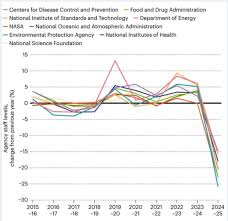Happy (Belated) World Water Day! There’s Good News and Bad News….
Yesterday was the United Nations’ annual World Water Day, which apparently arrives every March 22nd. I only stumbled across it by accident, since it was referenced by another website that I was reading. But the UN has put a lot of PR effort at least into the project, and developed a very nice website concerning the issues that you should check out.
It’s more than just a website. In the last three weeks, two major developments have occurred concerning international water issues that everyone should focus on.
First, the good news: the World Health Organization recently reported that Millenium Development Goal 7c — halving the number of people worldwide without sustainable access to safe drinking water and basic sanitation — has been met. And five years ahead of schedule. The cynic in me immediately suspects that this goal essentially constituted low-hanging fruit, but the optimist in me recalls that lots of low-hanging fruit falls on the ground and rots, so this is definitely good news. How good we’ll continue to discuss.
Second, the American intelligence community warned in a report published yesterday that problems with water could destabilize countries in North Africa, the Middle East and South Asia over the next decade:
Increasing demand and competition caused by the world’s rising population and scarcities created by climate change and poor management threaten to disrupt economies and increase regional tensions, the report concludes.
Prepared at the request of the State Department, the report is based on a classified National Intelligence Estimate completed last October that reflected an increasing focus on environmental and other factors that threaten security. An estimate reflects the consensus judgment of all intelligence agencies.
While the report concluded that wars over water are unlikely in the coming decade, it said that countries could use water for political and economic leverage over neighbors and that major facilities like dams and desalination plants could become targets of terrorist attacks. Coupled with poverty and other social factors, problems with water could even contribute to the political failure of weaker nations.
Of course, this is obviously untrue, because climate change is a hoax (as the House Energy and Commerce Committee declared a few months ago). After all, as a senior British intelligence official who retired in 1950 recalled:
Year after year the worriers and fretters would come to me with awful predictions of the outbreak of war. I denied it each time. I was only wrong twice.
Back on our own planet, we should very concerned about the management of these scarce resources. International environmental policy isn’t just for geeks and greens anymore.








Reader Comments